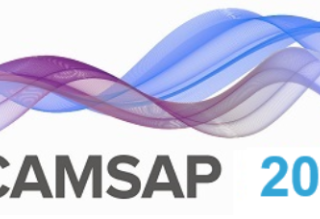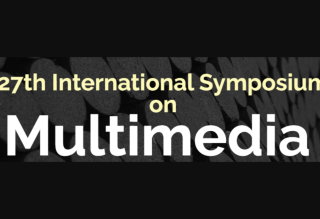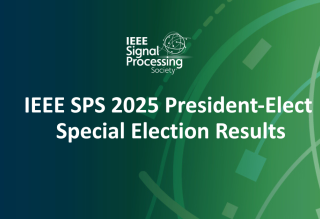SPS Feed
Top Reasons to Join SPS Today!
1. IEEE Signal Processing Magazine
2. Signal Processing Digital Library*
3. Inside Signal Processing Newsletter
4. SPS Resource Center
5. Career advancement & recognition
6. Discounts on conferences and publications
7. Professional networking
8. Communities for students, young professionals, and women
9. Volunteer opportunities
10. Coming soon! PDH/CEU credits
Click here to learn more.
The Latest News, Articles, and Events in Signal Processing
18 Apr 2025
Date: 11-June-2025
Time: 9:30 AM ET
Duration: Approximately 1 hour
Presenters: Dr. Junqing Zhang, Dr. Guanxiong Shen & Dr. Joseph Cavallaro
18 Apr 2025
Dates: 14-17 December, 2025
Location: Dominican Republic
Call for Papers Deadline: July 15, 2025
18 Apr 2025
Date: December 8-10, 2025
Location: Naples, Italy
Call for Papers Deadline: September 1, 2025
18 Apr 2025
Date: 31 August-5 September 2025
Location: Albuquerque, New Mexico USA
18 Apr 2025
Date: 30 September-2 October 2025
Location: Madrid, Spain
17 Apr 2025
Date: 30 April 2025
Time: 5:00 PM (Paris time--(In your local time here)
Presenter(s): Renjie Liao
15 Apr 2025
Date: 22-27 April 2029
Location: Copenhagen, Denmark
Conference Paper Submission Deadline: TBD
11 Apr 2025
Date: 25 April 2025
Time: 1:00 PM ET (New York Time)
Presenter(s): Dr. Gaelle E. Doucet
10 Apr 2025
Date: 14-18th July 2025
Location: Thessaloniki, Greece
10 Apr 2025
Date: 15 May 2025
Time: 7:30 AM ET
Duration: Approximately 1 hour
Presenter: Dr. Tianyao Huang
08 Apr 2025
Steganography, the practice of concealing information within digital media, is crucial for information security and forensics. Steganographic security, defined as the ability to evade detection by steganalyzers, is a key metric in modern steganography.
07 Apr 2025
Date: 08-May-2025
Time: 8:00 AM ET
Duration: Approximately 90 minutes
Presenter(s): Dr. Sharon Gannot
07 Apr 2025
Date: 16-April-2025
Time: 4:00 PM ET
Duration: Approximately 60 minutes
Presenter: Dr. April Khademi
Pages
SPS Social Media
- IEEE SPS Facebook Page https://www.facebook.com/ieeeSPS
- IEEE SPS X Page https://x.com/IEEEsps
- IEEE SPS Instagram Page https://www.instagram.com/ieeesps/?hl=en
- IEEE SPS LinkedIn Page https://www.linkedin.com/company/ieeesps/
- IEEE SPS YouTube Channel https://www.youtube.com/ieeeSPS





















